Peter Obi, Kwankwaso Alliance Will Not Work – APC
The political landscape in Nigeria continues to evolve as various parties and candidates position themselves for upcoming elections. Recent discussions around a potential alliance between Peter Obi of the Labour Party and Rabiu Kwankwaso of the New Nigeria Peoples Party (NNPP) have prompted strong reactions, particularly from the All Progressives Congress (APC). The APC has expressed skepticism about the viability of such an alliance, citing various political dynamics at play.
Background of the Political Context
- Peter Obi: As a prominent figure in Nigerian politics and the Labour Party’s candidate in the 2023 presidential elections, Obi has garnered significant support, particularly among youth and urban voters.
- Rabiu Kwankwaso: Former governor of Kano State and leader of the NNPP, Kwankwaso has his own robust support base, especially in northern Nigeria. His political history and influence make him a key player in any electoral strategy.
APC’s Position on the Alliance
- Skepticism and Critique: The APC has openly stated that the proposed alliance between Obi and Kwankwaso is unlikely to succeed. This skepticism is rooted in several factors, including ideological differences and historical rivalries between the parties.
- Electoral Dynamics: APC representatives argue that the political landscape favors their party, citing past election results and the strength of their grassroots mobilization. They believe that any alliance lacking a strong foundational support will struggle to make an impact.
Reasons for APC’s Disbelief
- Ideological Differences: The APC points to significant ideological gaps between the Labour Party and the NNPP. Obi’s platform focuses on social democracy, while Kwankwaso’s political approach often emphasizes regional interests and populism.
- Historical Rivalries: Both leaders come from distinct political backgrounds, which could hinder cooperation. Past tensions may resurface, making it difficult to forge a unified campaign strategy.
- Regional Support Bases: The APC argues that both Obi and Kwankwaso have strong regional support, but their bases may not overlap significantly enough to create a formidable alliance. Obi’s strength lies predominantly in the southern regions, while Kwankwaso appeals more to the northern electorate.
Potential Challenges for the Alliance
- Voter Sentiment: The APC suggests that voter sentiment is largely influenced by loyalty to established political parties. A new alliance may not resonate with voters who have traditionally supported one party over another.
- Campaign Logistics: Coordinating a joint campaign poses logistical challenges, from unified messaging to fundraising efforts. Discrepancies in campaign strategies could lead to confusion among supporters.
- Public Perception: The perception of the alliance by the public and media plays a critical role. If the alliance is viewed as a political convenience rather than a genuine partnership, it may fail to gain traction.
Responses from Obi and Kwankwaso
- Reassurances of Viability: Both Peter Obi and Rabiu Kwankwaso have expressed confidence in their potential alliance. They argue that a coalition could leverage their strengths and broaden their appeal across Nigeria.
- Focus on Common Goals: Obi and Kwankwaso emphasize shared objectives, such as good governance, youth empowerment, and economic development. They believe that these common goals could unify their supporters.
Political Implications of the APC’s Statement
- Strengthening APC’s Position: By openly critiquing the alliance, the APC aims to solidify its position as a dominant force in Nigerian politics. They may seek to deter undecided voters from considering the Labour Party or the NNPP.
- Mobilizing Support: The APC’s statements could also serve as a rallying point for its base, galvanizing support around the narrative that opposition alliances are inherently flawed and untrustworthy.
Public and Media Reactions
- Media Coverage: Media outlets have been keen to cover the developments around the proposed alliance, providing analysis on its potential impact on the electoral landscape. The portrayal of the APC’s skepticism may influence public opinion.
- Public Discourse: Discussions among the electorate often reflect a mix of hope for new political partnerships and skepticism about their feasibility. How this discourse evolves will be pivotal as the elections approach.

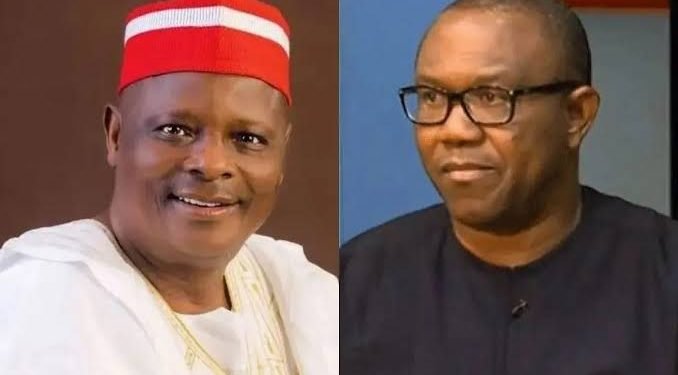

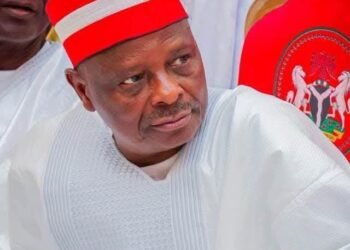
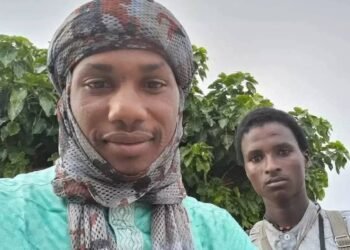

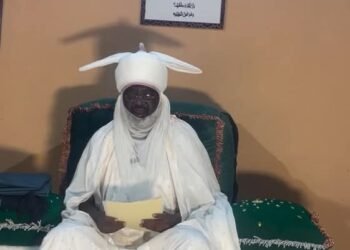
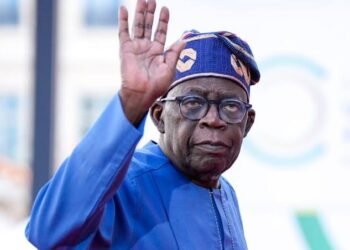


![Portable Orders Assault On Car Dealer Over Delayed Vehicle Delivery [VIDEO]](https://accesspost.ng/wp-content/uploads/2024/09/Portable-120x86.jpg)


